Rohini Hattangadi
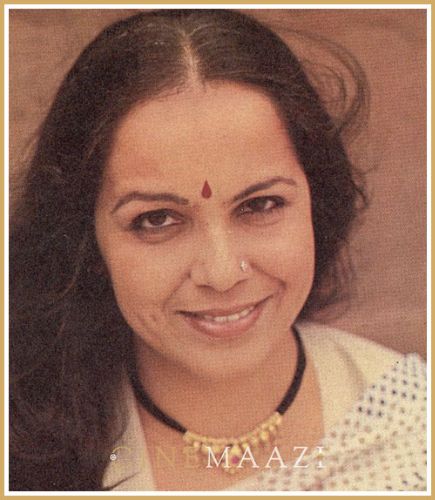
Subscribe to read full article
This section is for paid subscribers only. Our subscription is only $37/- for one full year.
You get unlimited access to all paid section and features on the website with this subscription.
Not ready for a full subscription?
You can access this article for $2 , and have it saved to your account for one year.
- Real Name: Rohini Oak
- Born: 11 April, 1955 (Pune)
- Primary Cinema: Hindi
- Parents: Anant Oak
- Spouse: Jaidev Hattangadi
- Children: Aseem Hattangadi
Award-winning actress Rohini Hattangadi has a slew of honours to her credit, including the National Film Award for Best Supporting Actress for Party (1984), Filmfare Awards for Best Supporting Actress for Arth (1982), and Agneepath (1990), and the Sangeet Natak Akademi Award for Theatre – Acting in 2005. She was also the first Indian actress to win the BAFTA Award for Best Actress in a Supporting Role for Gandhi (1982), playing Kasturba Gandhi. Acting in theatre, Marathi and Hindi films, as well as television, she has acted in both art and mainstream cinema, making her mark in more than 80 films.
Born Rohini Oak on 11 April, 1955 in Pune, she schooled at the Renuka Swaroop Memorial Girls High School, Pune. Keen on pursuing a career in acting, she was influenced by her father, Anant Oak, who believed that real acting is learnt through theatre. This was the reason why she joined the National School of Drama (NSD) in New Delhi in 1971. Films were not on her mind at that point, which is why she eschewed the Film and Television Institute of India, which was in her hometown Pune. At NSD, trained by the legendary Ebrahim Alkazi, she graduated with a splash in 1974, winning the Best Actress award and Best all-round student award. It was at NSD that she also met her husband-to-be Jaidev Hattangadi. Rohini also trained for more than 8 years in Indian classical dance forms, Kathakali and Bharatnatyam, under Professor Surendra Wadgaonkar.
Starting her career with Marathi theatre, Rohini and Jaidev started a Marathi theatre group, Awishkar in Bombay, while still at NSD. The company went on to produce more than 150 plays. In 1975, Rohini’s performance in the Awishkar-produced Changuna, a Marathi adaptation of Federico García Lorca's Spanish classic Yerma, won her the Best Actress Award at the Maharashtra State Drama Festival. A trail-blazer, she was the first woman to act in the K. Shivaram Karanth-directed Kannada folk play Yakshagana, as well as the first woman in Asia to act in a Japanese Kabuki play, Ibaragi. It was directed by Japanese director, Shozo Sato. She also won appreciation for her performance in the 120-minute long solo-act play Aparajita, based on a Bengali story by Nitin Sen. While she worked in five plays directed by Jaidev Hattangadi, including Medea, a Greek tragedy written by Euripides, she also acted in Vijay Tendulkar's Mitra Chi Gosht directed by Vinay Apte, the IPTA-produced Hori based on Premchand's Godaan, and the Hindi play Kohra with Sudha Chandran and Babul Bhavsar.
Rohini’s film career started with Saeed Akhtar Mirza's Arvind Desai Ki Ajeeb Dastaan in 1978. The film, which depicted the dissatisfaction and alienation of a young man, won the Filmfare Critics Award for Best Film. She went on to feature in Saeed Mirza's next award-winning film as well, Albert Pinto Ko Gussa Kyon Ata Hai (1980), followed by Rabindra Dharmaraj's Chakra (1981). While these were smaller roles, she grabbed widespread attention with her next film, Richard Attenborough's biographical film Gandhi (1982). Based on the life of Mahatma Gandhi, Rohini played Kasturba Gandhi, the wife of the Mahatma, a role essayed by Ben Kingsley. While the film was an enormous critical and commercial success, also winning the Academy Award for Best Picture, Hattangadi's performance bagged her the prestigious BAFTA Award for Best Actress in a Supporting Role in 1983. Hattangadi had to lose 10-15 kilos, and also imbibed the spirit of Gandhi’s wife to play the role in this Richard Attenborough classic.
The international acclaim Rohini won for her performance as Kasturba, however came with its own drawbacks—playing the middle-aged character while she was just 27, meant that she was now typecast in older roles. This hurdle notwithstanding, she went on to deliver powerful performances in films such as Mahesh Bhatt's Arth (1982), Govind Nihalani's satirical drama Party (1984), Mohan Joshi Hazir Ho! (1984) and Saaransh (1984), in which she played a senior citizen even though she was in her late twenties.
Rohini was thereafter offered mainly roles of mother onscreen in Hindi commercial cinema. She still won attention for her roles in N Chandra's Pratighaat (1987), and Pankaj Parashar's Chaal Baaz (1989), Ladaai (1989), and Jalwa (1987). She continued to sear in parallel cinema, in films such as Govind Nihalani's Aghaat (1985), Muzaffar Ali's Anjuman (1986) and Girish Kasaravalli's Mane (1990) and Ek Ghar (1991). Her performance as the ageing mother in Amitabh Bachchan-starrer Agneepath drew applause, as did her role of a Jnanpith winning author and the matriarch of a joint-family that runs a leading regional newspaper in the Malayalam film Agnidevan (1995). Other films she featured in include Mohan Joshi Haazir Ho (1984), Hero Hiralal (1988), Siva (1990), Rajkumar Santoshi’s Damini (1993), Ghatak (1996), and Pukar (2000), Rajkumar Hirani's Munnabhai MBBS (2003) as well as its Tamil version Vasool Raja MBBS (2004), Mango Dreams (2015), and the Marathi films Mumbai Pune Mumbai 3 (2018), and Once More (2019).
Exploring television, Hattangadi has essayed interesting roles such as that of a Hindustani classical singer in Yeh Kahaan Aa Gaye Hum, a social worker in Intehaan, the harassed Sakkubai in Hindustani, a strong mother-in-law in Tujha Majha Breakup, and an actress in Ghar Ki Lakshmi Betiyann. Other serials she has appeared in include Mahayagya, Thoda Hai Thode Ki Zaroorat Hai, Teache, Maayke Se Bandhi Dor, as well as a special appearance in Chhal – Sheh Aur Maat. In Marathi television, she has featured in leading roles in serials such as Char Divas Sasuche, Vahinisaheb, Honar Sun Me Hya Gharchi, and Swamini.
On the personal front, Rohini met her future husband Jaidev Hattangadi while they were studying in the same batch at NSD. Incidentally, on graduation, Jaidev who was being trained in direction, won the Best Director award. They married the following year in 1977. Rohini and Jaidev also set up Kalashray, a centre for research, education in arts and talent encouragement in Bombay, to work with the underprivileged and develop tools for powerful communication. Their son Aseem Hattangadi is a theatre actor. Jaidev Hattangadi passed away on 5 December, 2008.
-
Filmography (35)
SortRole
-

Jaanam Samjha Karo 1999
-

Loh Purush 1999
-
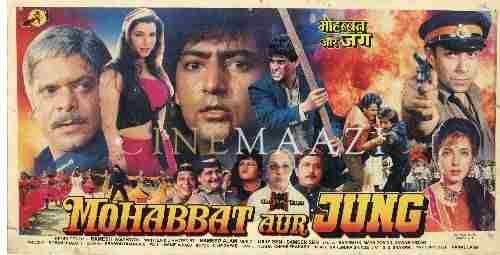
Mohabbat Aur Jung 1998
-

Hafta Vasuli 1998
-
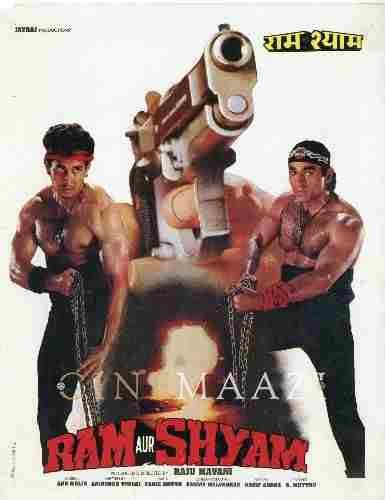
Ram Aur Shyam 1996
-
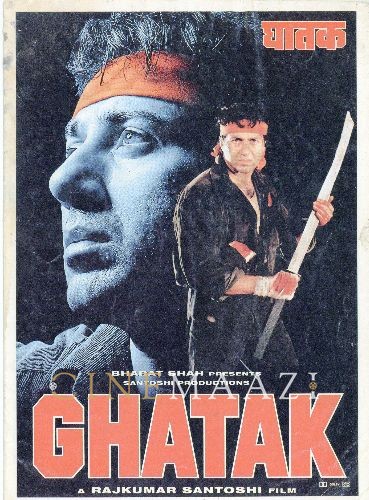
Ghatak 1996
-

Jawab 1995
-

Ab Insaf Hoga 1995
-
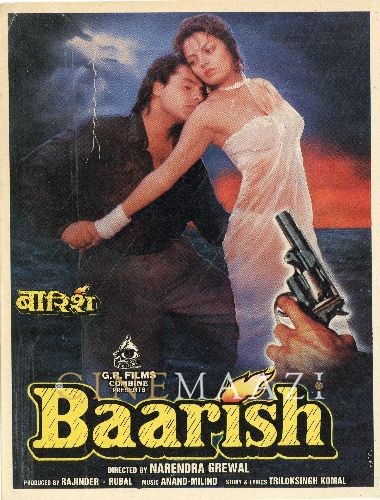
Baarish 1993
-

Bhookamp 1993
-

Damini 1993
-

Raat 1992
-



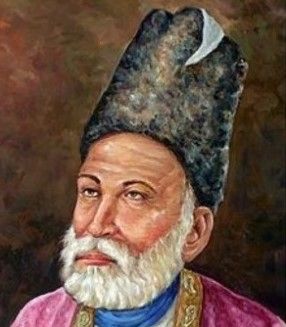
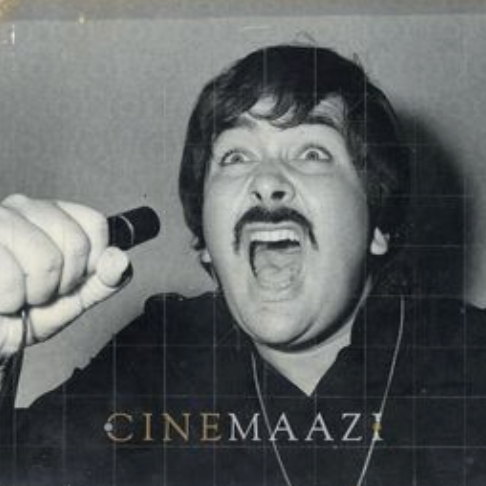
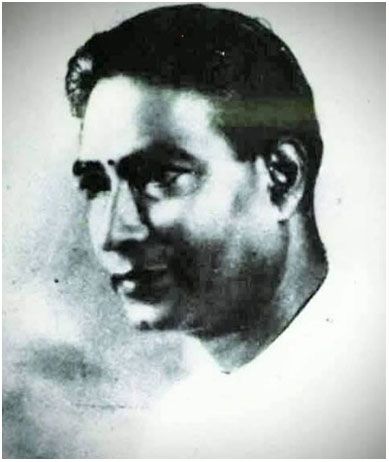




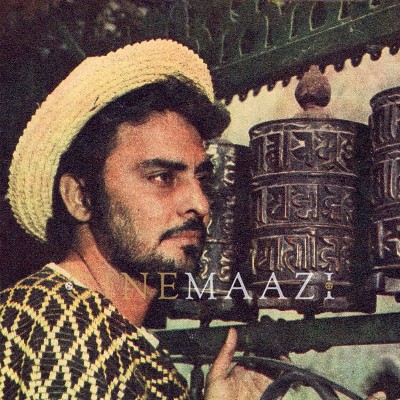

.jpg)



